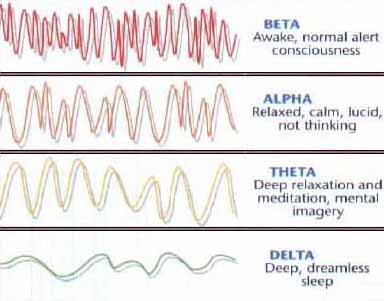- Thread starter
- Banned
- #21
What is the pagan community like? What does it mean to be a pagan? And what benefits do you think come from holding pagan beliefs?where are the druids, wiccans, neopagans, asatruars, gaiaists, and other pagans on board? Surely there must be a few.
Treeshepherd Pogo strollingbones anyone else?
Let's create an ongoing spiritual conversation.
All serious questions. I've always wondered. I knew a girl who was raised Wiccan once but I was too young to really care to ask at the time.
For me at least there isn't really a pagan "community." I am a gaiaistic witch, for lack of a better term to describe myself. I pretty much am solitary, although on rare occasions I have gone to a couple of different wiccan or pagan circles. That's the rare exception in 10 years or so of being more pagan than anything else. I am not really a joiner, it would have to be a very exceptional coven to tempt me out of my hermitlike existence. My son is also somewhat pagan, but my husband is an atheist who humors me.
For me, at least, paganism just seems to fit me, it is a framework that helps me connect to the divine in a way that feels right, and it helps me manage my own internal landscape. It is logical to me.
As far as the benefits, I think it just helps the world make sense to me. It is the way that I reach out to that higher power, which reaches back. I don't necessarily believe in eternal life, though I think reincarnation is possible. I go back and forth on that one. I don't know if there is an eternal reward from it, but on a day to day basis, it helps me focus my desires and intentions in a way that is effective. Why am I a witch? it works. theologically, I don't know if I am actually shifting the status quo or changing myself, but either way, it's effective in a way that Christianity never was.



